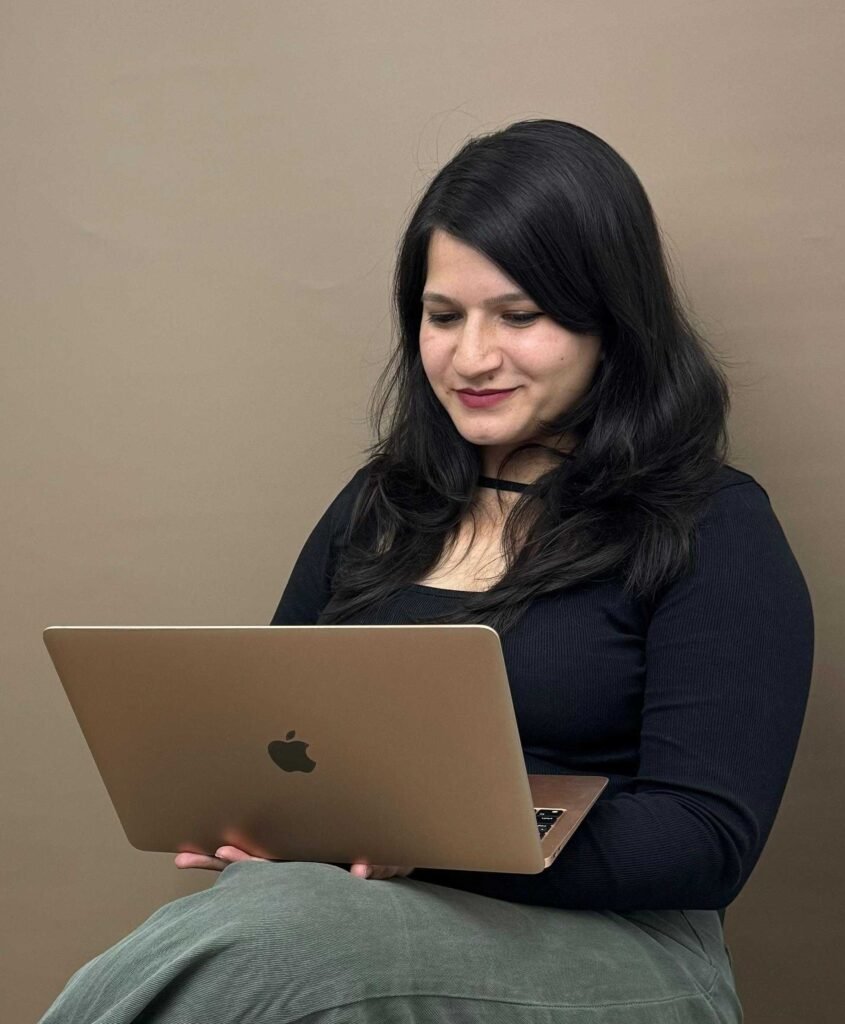To the outside world, PR is all red carpets and press hits. But inside a growing agency, success often hinges on one of the most underrated roles in the business: the public relations assistant.
While not always front-facing, PR assistants keep campaigns moving, clients updated, and inboxes organized. If you’re an agency owner debating whether to bring one on—or a freelancer wondering what the role entails—this deep dive into a day in the life of a PR assistant might help.
Morning: Monitoring, Research, and Getting Aligned
The day typically starts with media monitoring. A public relations assistant reviews Google Alerts, media databases, and coverage trackers to pull any press mentions or relevant news.
Next comes updating internal teams and clients. Assistants often compile a morning digest: new media hits, emerging trends, competitor mentions, and upcoming editorial deadlines.
Then it’s onto media list work. Assistants build and refine targeted lists, segmenting by beat, region, and publication type. They may also research new contacts for niche outreach.
Midday: Pitch Prep, Scheduling, and Coordination
By mid-morning, the assistant is preparing and formatting pitches. While senior team members often write core pitch angles, the PR assistant adapts and customizes messaging for different journalists.
In between pitch prep, they may schedule interviews, prep briefing docs, and coordinate call times with media and clients.
The assistant also helps manage internal calendars, making sure campaigns stay on track and no deadlines are missed. They may send reminders for follow-ups or request status updates from team members.
Afternoon: Reporting, Admin, and Inbox Support
As the day winds down, the focus turns to admin and reporting. Assistants update coverage trackers, draft weekly recaps, and organize metrics for upcoming client reports.
They may also manage shared inboxes, answering routine questions or flagging messages that need senior attention.
By 5 p.m., the assistant has touched nearly every part of the agency’s operations—without taking center stage. And yet, without their work, things would quickly fall apart.
What Makes a Great Public Relations Assistant?
This role is not just about admin. A strong PR assistant brings:
- Sharp organizational skills
- A proactive mindset
- Solid writing ability
- Familiarity with media databases
- A clear understanding of the agency’s tone and voice
They don’t need decades of experience, but they do need discipline, curiosity, and a willingness to learn.
Final Thoughts
Hiring a public relations assistant isn’t just a support move—it’s a growth move. This person frees your senior team to focus on strategy, gives clients a smoother experience, and keeps campaigns running without missed details or miscommunications.
If your agency is growing, overwhelmed, or struggling to keep up with admin, this may be the hire that changes everything.

